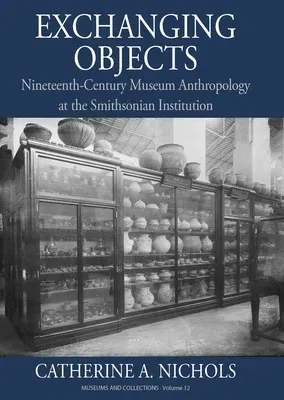Catherine A Nichols
(Author)Exchanging Objects: Nineteenth-Century Museum Anthropology at the Smithsonian InstitutionHardcover, 1 April 2021

Qty
1
Turbo
Ships in 2 - 3 days
In Stock
Free Delivery
Cash on Delivery
15 Days
Free Returns
Secure Checkout

Part of Series
Museums and Collections
Print Length
268 pages
Language
English
Publisher
Berghahn Books
Date Published
1 Apr 2021
ISBN-10
1800730527
ISBN-13
9781800730526
Description
Product Details
Author:
Book Format:
Hardcover
Country of Origin:
US
Date Published:
1 April 2021
Dimensions:
22.86 x
15.24 x
1.6 cm
ISBN-10:
1800730527
ISBN-13:
9781800730526
Language:
English
Location:
New York, NY
Pages:
268
Publisher:
Series:
Weight:
535.24 gm